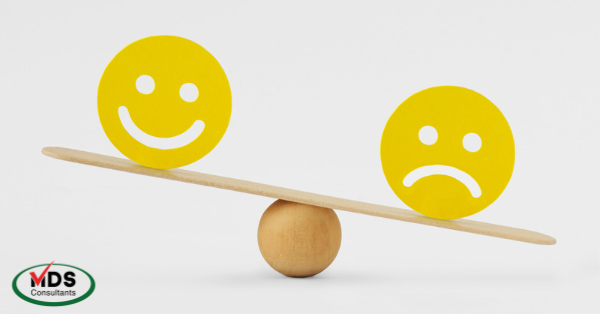This post is part of the MDS 2023 Countdown series. Disclaimer. Current as of November 25, 2022
WHAT YOU CAN EXPECT TO SEE
What is Changing with Section D?
Many of us may have skipped over some changes in our rush to see what happened to section G. But Section D also has some notable changes!
When reviewing this section, we see right away that the PHQ-2 has been added to supplement the PHQ-9 in gathering mood data. This may save time because you do not necessarily have to proceed to the PHQ-9 interview when patients score less than a 2 on items D0150A2 or D0150B2.
Another change is the addition of D0700, an assessment of social isolation.
This new question is stated as, “How often do you feel lonely or isolated from those around you?” and helps us to assess social isolation as a contributing factor for mood. By gaining this information, it will allow us to identify and care plan for when the resident endorses feeling lonely. Like other MDS questions, social isolation is subjective to the resident and should be coded as the resident states regardless of how socially active or inactive they are.
What do the Changes Mean?
The changes to Section D are more than just a shorter mood interview. According to studies, the PHQ-2 has the potential to be higher in sensitivity and specificity when it comes to ruling in depression and ruling out normal mood, diet, or sleeping changes.

The new format prevents depression from potentially triggering when the patient is having trouble sleeping, concentrating, or eating for other reasons.
This also means that if the resident does not endorse “Little interest or pleasure in doing things” or “Feeling down, depressed, or hopeless” for at least 7 days during the 2-week look back period, depression will NOT be present either as a care planning trigger, a quality measure item, or for a reimbursement consideration based on current algorithms. If the resident needs care planning for other items on PHQ-9 or needs further assessment regarding sleep, eating, etc., that should still be completed by staff to promote good resident care.
The assessment of loneliness brings a social assessment to the forefront and allows us an opportunity to address a potential issue for the resident that may contribute to mood.
Recommendations from MDS Consultants
As we eagerly await further details or changes from CMS to guide our coding of this section, there are things that we can do to prepare. We recommend to:
- Start preparing staff with handouts or training offerings focused on mood assessment skills
- Find alternative ways to assess sleep, diet, and concentration for care planning in residents who may get skipped after October 2023.
- Start asking residents social isolation questions now so that they are familiar with thinking about loneliness and how they feel in the SNF environment.
Taking these steps now gets us into the practice of care planning with this new information available.
